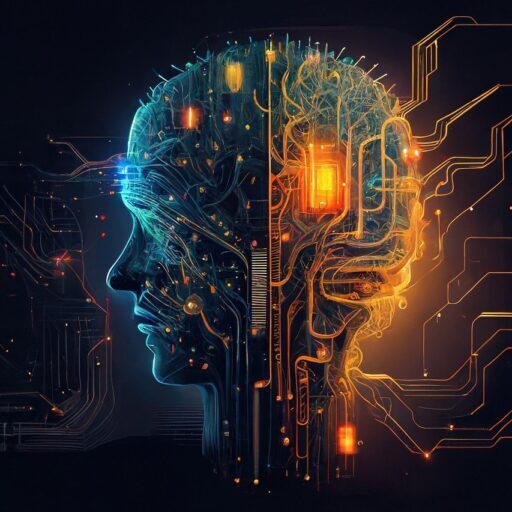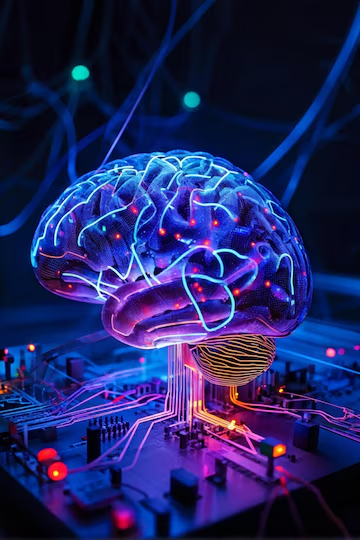Table of Contents
ToggleScientists at the Indian Institute of Science (IISc), Bengaluru, have made a major breakthrough in AI technology. This discovery could help India become a key player in the global AI race and move AI computing from large, energy-hungry data centers to personal devices like laptops and smartphones.
What They Achieved
Led by Prof. Sreetosh Goswami, the team developed a device called a Memristor. Instead of using regular silicon, they built it with a special metal-organic material. This allows the Memristor to work like the human brain, which processes information through networks of neurons and synapses.
The Memristor can make computers much faster and more energy-efficient. When combined with regular computer chips, it acts as an AI booster, making them hundreds of times more powerful.
Why It Matters
This breakthrough could change how AI tasks, such as training language models, are performed. Instead of needing huge data centers, these tasks could be done on smaller devices, like phones or laptops.
Today's computers work with 0s and 1s (binary), which limits their speed and energy efficiency. But the IISc Memristor can handle over 16,000 states at once. This makes it much faster and cuts down the energy needed to perform complex tasks.

What is Neuromorphic Computing?
Neuromorphic computing is a type of computing that mimics how the brain works. It’s much more energy-efficient than digital computers. The IISc Memristor is a key part of this because it can process and store data more efficiently than traditional systems.
The team even tested the device by recreating NASA’s famous “Pillars of Creation” image. The Memristor-based system did this 220 times more efficiently than a standard NVIDIA graphics card.
What’s Next?
The team plans to make larger versions of their Memristor arrays and eventually create a System-on-Chip that could be commercialized. With support from the Ministry of Electronics and Information Technology, they hope to have a fully developed product in the next three years. If successful, India could become a major force in the global AI field.

[…] is perfect for creating smart applications […]
[…] leads the LMES initiative, emphasized the importance of introducing students to the advancements in AI technology. He said, "Bringing Chitti to the exhibition was meant to show children how far research and […]
I’m really enjoying the design and layout of your website. It’s a very easy on the eyes which makes it much more enjoyable for me to come here and visit more often. Did you hire out a developer to create your theme? Fantastic work!